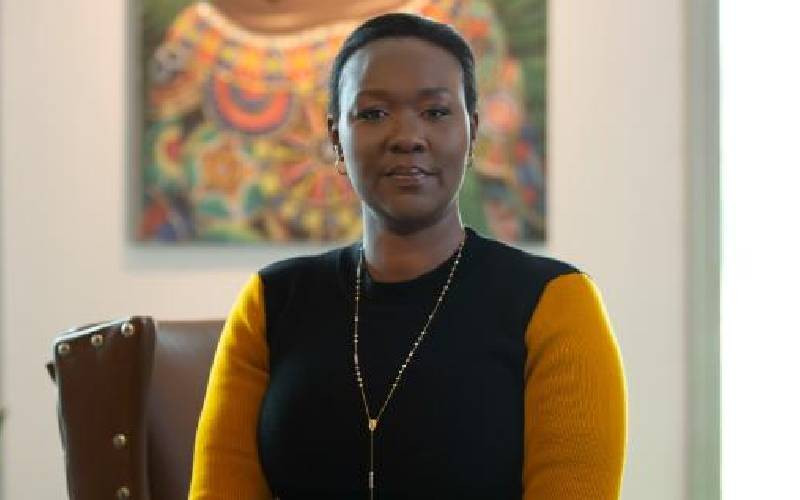×
The Standard e-Paper
Join Thousands Daily

A banker by day and farmer by night. That's how Cherotich Rutto reflects on her start in commercial agriculture some years ago.
Ms Rutto's journey foreshadowed her current role as the chief executive of Tawi, a digital marketplace that provides smallholder farmers with a consistent market, fair pricing, and a seamless supply chain.